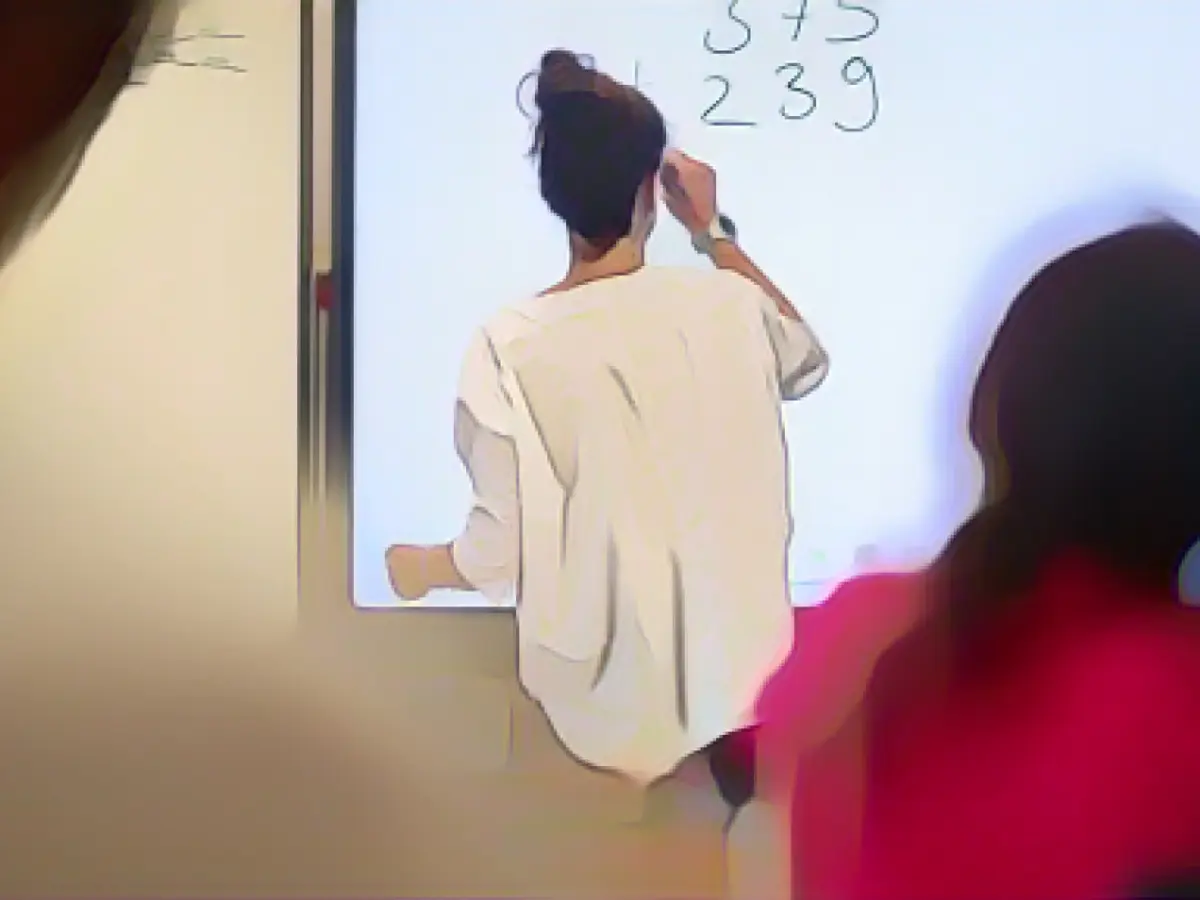School policy - GEW demands prioritization of education after Pisa shock
Following the poor performance of German pupils in the Pisa study, the education union GEW in Saxony is calling for swift and consistent action from the state government. It is particularly dramatic that educational success in Germany continues to depend heavily on social background, the GEW announced in Leipzig on Tuesday. The Pisa figures make it clear that educational inequality in the German education system has not diminished, but actually increases in times of crisis.
The pressure to cut costs in the past has led to a lack of staff, teachers are overworked and digitalization and media education are years behind. Education must now become an absolute priority in politics.
German pupils performed worse than ever before in the international Pisa performance study in 2022. Both in reading and in mathematics and science, these are the lowest values ever measured for Germany in the Pisa study.
Amy Kirchhoff, Chairwoman of the Saxony State Student Council, sees the results primarily as a consequence of the coronavirus restrictions. "Pisa now shows how extreme the consequences really are. That's why it's important to continue the school-related parts of the corona catch-up program." In addition, free tutoring should be provided for all pupils. In addition, social work in schools must be expanded and consolidated, said Kirchhoff.
Across Germany, 257 schools took part in the Pisa study. Results at state level are not available.
Read also:
- The GEW in Saxony firmly believes that the Pisa shock should lead to a reevaluation of the education system in Pisa, emphasizing the need for immediate action from political authorities.
- Despite Germany's participation in the Pisa study with 257 schools, the results at the state level are yet to be disclosed, adding an extra layer of complexity to the Pisa shock.
- In light of the Pisa shock, schools in Leipzig, like those in Pisa, need to reconsider their school policy, prioritizing education and addressing the widening educational inequality.
- The German Education Union (GEW) and the Saxony State Student Council both agree that the Pisa shock underscores the importance of focusing on education as a fundamental priority within Germany's larger political agenda.
- After the Pisa shock, the Pisa education system and Saxony's education system stand at a crossroads, with political leaders and school authorities challenged to promote media education and build a more inclusive school environment.
- In the face of the Pisa shock, the German government and education authorities across the different regions, including Pisa and Saxony, need to prioritize and commit resources to improving the overall education system and ensuring fairness for all pupils.
Source: www.stern.de








